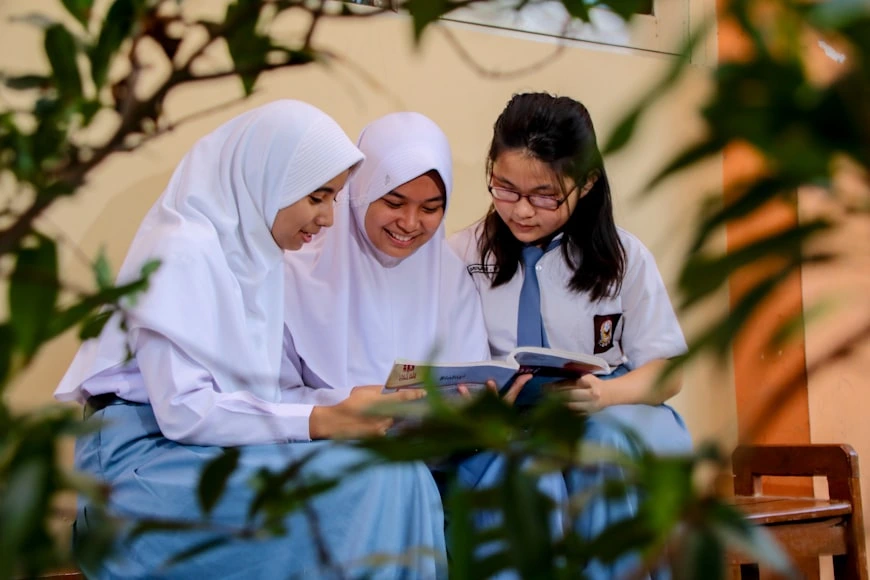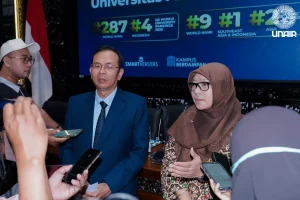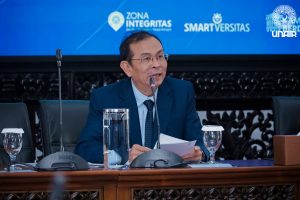UNAIR NEWS – The government’s decision to reinstate academic study pathways in Indonesian high schools—Natural Sciences (IPA), Social Sciences (IPS), and Language Studies—has prompted concern from educators and scholars. Among the critics is Professor Dr. Tuti Budirahayu, an expert in the Sociology of Education from the Faculty of Social and Political Sciences Universitas Airlangga (UNAIR), who describes the policy as a revival of an outdated system rooted in colonial era.
“Reinstating rigid academic tracks like IPA, IPS, and Language deserves serious reconsideration,” Prof. Budirahayu said. “The government should instead implement forward-thinking education policies that reflect current global trends and account for the availability of infrastructure, educational resources, and qualified teachers.”
She argued that an ideal high school learning environment should be flexible and responsive to student needs. Education, she said, must support the development of individual interests, talents, and both academic and extracurricular potential—particularly as students prepare to choose university majors.
Prof. Budirahayu stressed the importance of developing a long-term national education policy—a guiding framework that remains consistent across political transitions. “Policy should not change with every new administration or minister. Education must follow a clear, coherent direction that aligns with cultural values and national goals, ideally planned out for the next 25 to 50 years,” she explained.
Looking abroad: Lessons from developed countries
In an interview with UNAIR NEWS, Prof. Budirahayu drew comparisons between Indonesia’s education system and those of more developed nations. She noted that many of these countries have moved away from rigid academic streams.
In Singapore, for example, high school students are allowed to select courses across disciplines, fostering a more customized learning experience. Japan and Germany offer broader options, including both academic and vocational tracks, with dual-system models that combine school-based education with workplace training. In the United States, there is no formal academic pathway system; students can choose subjects that reflect their interests and future career plans.
“These flexible systems help ensure that students’ high school experiences align more closely with their intended fields of study in college,” she noted.

Reconsidering testing and supporting holistic growth
On the proposed implementation of the Academic Aptitude Test (TKA) as a means of validating report card scores in the National Achievement-Based Selection (SNBP), Prof. Budirahayu said she supports the idea, provided the test reliably measures students’ academic potential. Her greater concern lies in the traditional pathway system, which she says often hinders well-rounded student development.
“Too often, students are pushed into the science pathway because it’s seen as superior, even if their strengths and interests lie elsewhere,” she said. “By the time they enter college, many can’t pursue fields that truly match their passions or abilities.”
In a closing statement, Prof. Budirahayu reiterated the need for comprehensive and long-term educational reform. She criticized short-sighted populist policies that are launched without adequate evaluation, such as the “People’s School” program, which she believes could undermine schools with limited resources.
“Education policies must be rooted in solid research and data—not rushed or overlapping initiatives,” she said. “It’s time for the government to take bold, innovative steps.”
Author: Nur Khovivatul Mukorrobah
Editor: Khefti Al Mawalia









